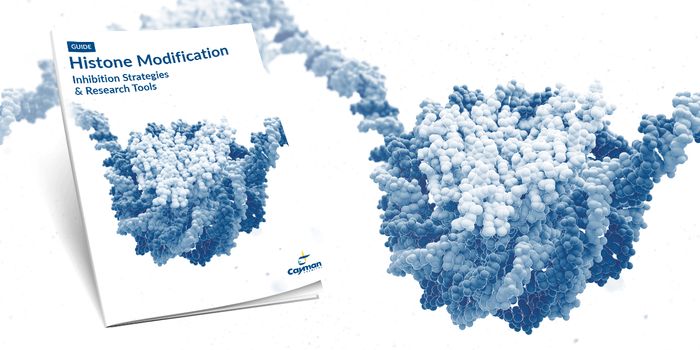Women's Genes May Help Protect Against the Worst Alzheimer's Cases
Women tend to get Alzheimer’s more than men, and some researchers have said it's not only because they live longer; it may also have to do with hormones or other factors. Even though women get the neurodegenerative disease more and have the same levels of toxic Alzheimer’s proteins in the brain, women with Alzheimer's also tend to have milder cases than men do. Researchers have now used patient samples and a mouse model to show that the female genome gives some women protection from the worst aspects of the disorder. The findings have been reported in Science Translational Medicine.
"This finding challenges a long-standing dogma that women are more vulnerable to Alzheimer's," said Dena Dubal, M.D., Ph.D., associate professor of neurology at the University of California San Francisco (UCSF) and senior author of the study.
Because women have two X chromosomes (men have one X and one Y sex chromosome), they have two copies of a gene called KMD6A. In females, most of the X chromosome is turned off or silenced so that it will not express proteins. But some genes are not silenced and produce twice as much protein as would be made from only one copy of the X chromosome. KMD6A is one of those genes, and the protein it encodes for is known to play a role in learning and cognition.
In this study, the researchers mined gene expression databases and found that about 13 percent of women and 7 percent of men worldwide carry a very active version of KMD6A. Some women even carry two copies of the hyperactive version. The work showed that women with one or two copies of the more active variant had a slower progression of Alzheimer’s. More data will be needed to see if a protective effect is seen in male carriers of the variant.
Historically, many biomedical studies have focused on males, and little is known about how genetic diseases manifest differently in men and women. Other differences have also been disregarded.
"Because the X and Y chromosomes are hard to compare to one another, the big genome-wide association studies have all been done on non-sex chromosomes," noted study author Jennifer Yokoyama, Ph.D., an associate professor of neurology at the UCSF Memory and Aging Center and member of the Weill Institute. "Perhaps our study will highlight the fact that there could be something pretty interesting on the X chromosome after all."
The researchers found that women tend to have higher levels of the KDM6A protein in their brains compared to men. There was also more of this protein in areas of the brain that were found to have been damaged by Alzheimer's.
To learn more about what was happening, the researchers confirmed this finding in mice. Female mice had higher levels of the protein in their hippocampus, a region of the brain that is crucial to learning and memory and is disrupted in Alzheimer's.
A mouse model of Alzheimer's that generates a toxic protein was bred to carry the gene variant for an active Kdm6a protein, and males would carry two copies. These males performed better on tests of cognition and lived longer even with the toxic Alzheimer's protein.
Additional work that increased the Kmd6a protein in specific parts of the brain showed that it improved memory in mice too.
"Our study reveals a new role for sex chromosomes," Dubal said. "This protective mechanism on the X chromosome opens the possibility that we could increase resilience to Alzheimer's and other neurodegenerative disorders by boosting Kdm6a or other X factors in both men and women."
Sources: AAAS/Eureklaert! via UCSF, Science Translational Medicine








